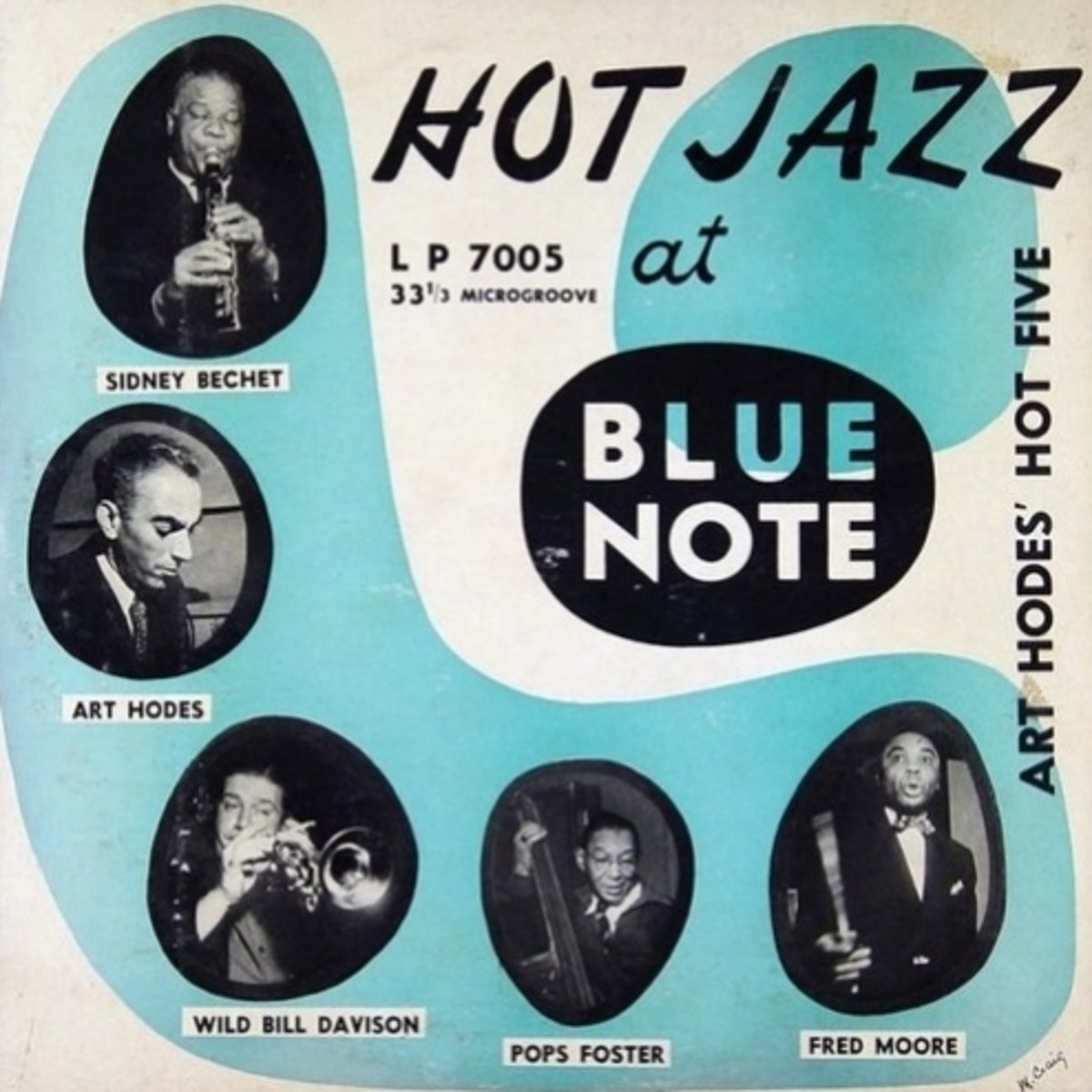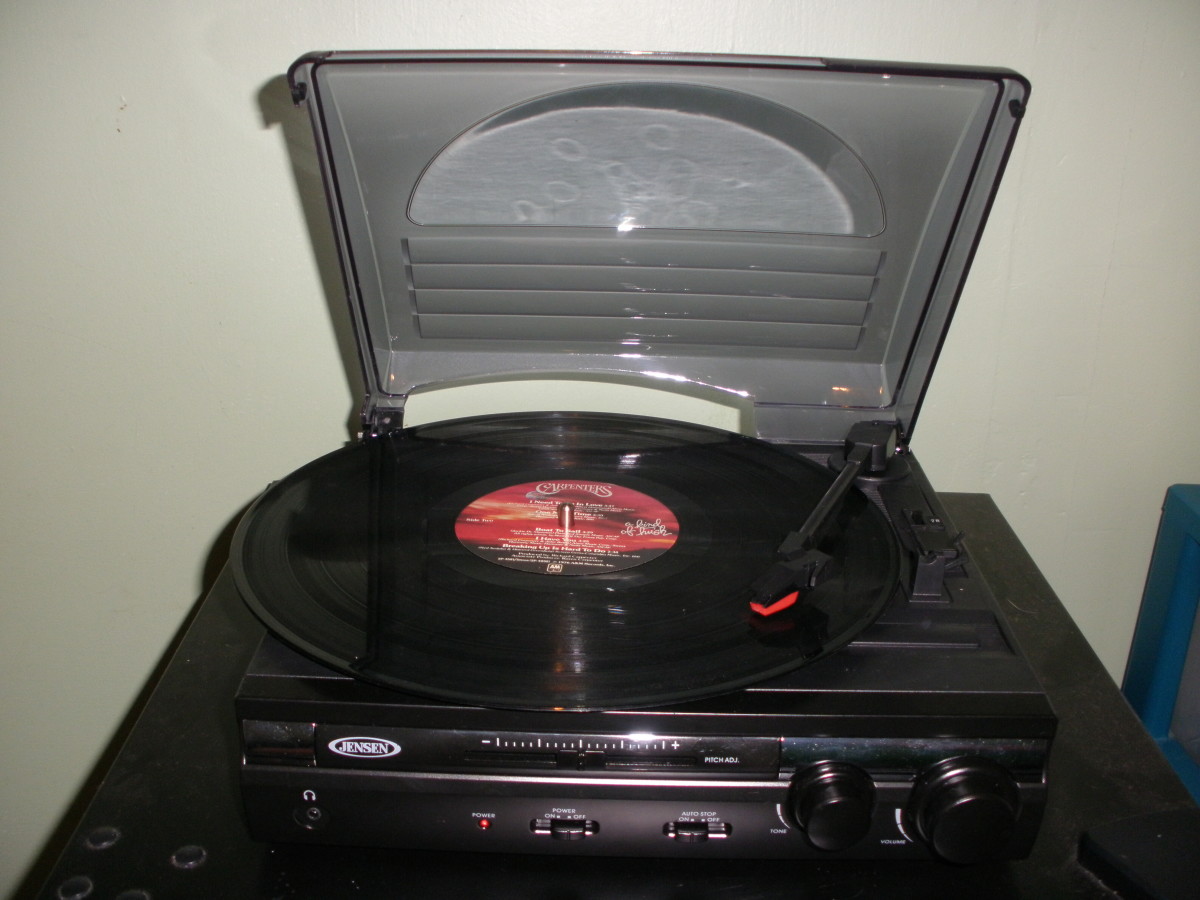The Change in Value of Vinyl Records: Decrease

Reissuing (also known as a re-release or re-edition) is defined as the repeated issue of a published work (Canada Archives Library 2008). In the context of this study, reissuing refers to a music album that has been released at least once before, and is then released again. The most common reasons for reissuing is the creation of new audio formats, new label ownership, strong/weak sales, and commemorative or special editions (Dibbell 1993). Some record labels specialize in reissuing recordings originally released on other labels. Three of the biggest reissue labels are Rhino Records, Hip-O Records, and Legacy Recordings. Each of these companies reissues material from the labels of a major music conglomerate: Warner Music Group, Universal Music Group, and Sony BMG, respectively (Dibbell 1993).
As computers became the dominant form of music storage, people shifted the ways in which they obtained and listened to music. Simultaneously, the popularization of the Internet increasingly connected online users to the world of music. But since the convergence of CD reissuing, Internet file-sharing websites, and computer music storage, music industries in capitalist societies have become unstable. File-sharing programs like Napster and Limewire were the beginning of the paradigm-shift in how people obtained music commodities, but these illegal networks were quickly replaced by easier, safer, and faster networks like BitTorrent, file-upload websites, and the blogosphere. Today, just about anyone with a computer can download a song or album that they want using the Internet.
Ten years ago, having the original pressing of an obscure vinyl record that no one else could hear was significant. However, in today’s society, my younger brother or grandmother could download that same record in a minute. Instead of spending years slowly building up a record collection through a significant amount of searching and purchasing, you could easily have the same records as a seasoned collector in however long it took you to type artist names and record titles into Google. As physical media collections gave way to digital media collections, the idea of a “record collection”—which once implied work, as in actually going to obscure record stores and searching for and buying physical discs—started to fade away.
This paradigm-shift in how people view and obtain music commodities may have had a serious impact on the exchange value of rare vinyl records. In “The Fetishism of the Commodity and Its Secret,” Karl Marx explains that the exchange value refers to the rate and ratio by which one commodity exchanges relative to others, mediated by the money system (Marx 1867: 327). The value represents the abstract expression of non-social relationship between two objects in a marketplace. CD reissuing has caused a problem for the exchange value of vinyl records; collectors are now forced to lower their prices to keep up with an increasingly digital consumer market, which is reluctant to pay the traditional steep prices for what they can download for free on the Internet. Many websites, discussion-forums, and books on the exchange value of record collecting have been published, and these resources help protect the novice collectors from getting swindled by the experts.
The central findings of my research suggest that the rise of CD reissuing and music-sharing websites has produced an enormous decline in the exchange value of rare records, weakening the exchange value of vinyl records. This conclusion was reached by analyzing the listed auction records of 1995 and 2010, comparing their averaged values over time (see Table 1).

The data indicates that the total exchange value of the fifty records from the 1995 sample was $16, 720.50, whereas the 2010 sample had dropped to $7,241.50. From this, it can be inferred that the average rare record in the 1995 sample was valued at $334.41, whereas the average rare record in the 2010 sample was $144.83. Therefore, the average value of the fifty rare records in 1995 declined by 57% over the period of fifteen years. On average, the fifty rare records in 2010 were valued $9,478 less than their original value of $16,720.50 in 1995.
But in order to prove that the decline in the exchange value of rare records was directly caused by CD reissuing and music-sharing websites, more statistical analysis must be presented. For example, the data indicates that an astonishing 70% of the fifty rare albums in this sample had already been reissued in CD format by 2010 (see Figure 1). The average price of the reissued album was only about $20. Of the 34% of the albums that had not been reissued, only about 14% of the albums were not available on music-sharing websites like Youtube and Rapidshare (see Figure 2). Therefore, 98% of the fifty rare records in this study were available in CD format or on music-sharing websites by the year 2010.
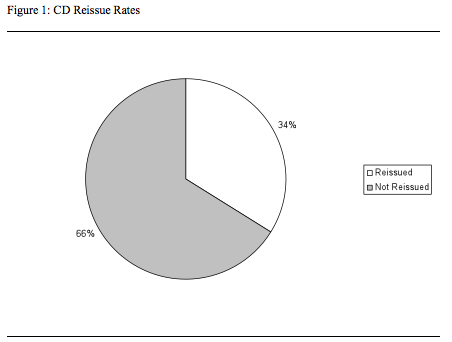
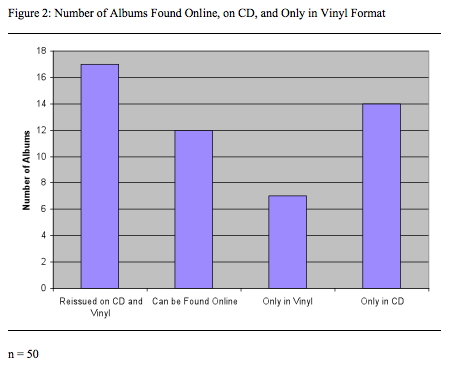
It is extremely important to make note that the 14% of vinyl records that were not reissued and were not available on music-sharing websites did not decrease in value as significantly as other genres (see Table 2). For example, the value of Post-Punk/Synth-Pop record “A-Kwai Systems/ Betty Boop” by Claude Arto, only fell from $125 to $80 over fifteen years. In comparison to Afro records like “Tche Belew” by Hailu Mergia & The Wallas, which fell from $2,000 to $1,350 over fifteen years, this is a significant difference. Furthermore, if the vinyl record was not reissued, but was still available on music-sharing websites, the value of the record decreased less than if it was available on both.
This data indicates that there is a strong correlation between the rise of CD reissuing and music-sharing websites and the decline in exchange value of rare vinyl records. Furthermore, the results suggest that record collectors are now being forced to lower their prices to keep up with an increasingly digital consumer market, which is reluctant to pay the traditional steep prices for what they can buy online in CD format for $20, or download in MP3 format for free. This finding is critical because it suggests that the rise of CD reissuing and music-sharing websites has produced an enormous decline in the exchange value of rare records, therefore weakening the reproduction of capitalism amongst the record-collecting subculture.
It is also very important to analyze which genres of music were most affected by CD reissuing and music-sharing websites over the course of fifteen years (see Table 2).
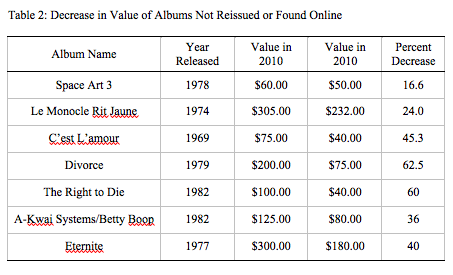
The results of my data indicate that the music genres of Funk, Bollywood and Jazz declined the most over the period of fifteen years. For example, the average value of the Funk genre declined by 70.8%. The average value of the Jazz genre declined by 62.4%. However, what was most fascinating to me was that the music genre of Bollywood decreased by 68.1%. This finding was surprising because Bollywood records were the least popular genre of reissued records. However, Bollywood records are increasingly being made available on music-sharing websites, which can have next to the same effect as reissuing. Therefore, although Bollywood was the least popular genre of reissued records, it still managed to decrease the second most in value because of its wide availability on music-sharing websites. This specific topic will be discussed further in the blogging section of this paper.
The major decline in value of rare records within the genres of Funk, Bollywood, and Jazz, over time may be, in part, attributed to the expansion of hip-hop music, which incorporates Funk, Jazz, Bollywood, and many other diverse types of music genres. Most notably, is the 2007 album Beat Konducta Volume 3-4: Beat Konducta in India by American hip-hop musician Madlib. The instrumental album, entirely produced by Madlib under the alias of the Beat Konducata, features hip-hop beats which use samples of rare Bollywood records. One music blogger wrote about the album:
Thanks to being exposed to his exceptionally wide array of influences and source material, my own tastes have been significantly widened. And really, for the entire crate-digging appreciation society. (Audiversity.com 8,28,2007)
This quote is significant because it illustrates that new artists within the hip-hop community are constantly expanding the connection between musicians and rare records. Furthermore, as more diverse types of hip-hop albums like Beat Konducta in India are released, music fans become more interested in the history of the samples, thus leading to the increase in availability of the original records within the music-sharing community. Therefore, as records become made available online by popular demand, their original exchange value will decrease over time.
The results of my data also indicate that the music genres of Cosmic/Disco, Latin, and Post-Punk/Synth-Pop declined the least in value over the past fifteen years (see Figure 4). For example, the average value of the Post-Punk/Synth-Pop sample declined by 58.2%. The average value of the Latin sample declined by 44.6%. Lastly, the genre of Cosmic/Disco only declined by 44.4%. Therefore, these genres have managed to decrease less in value than the others because they were not reissued or as available on music-sharing websites.
In conclusion, the exchange value of vinyl records has declined due to the invention of new digital technologies including new formats such as CDs and MP3s and the use of the internet for sharing music. There are other ways in which the value of vinyl records has declined, however. Although the internet is often used as a way to share music for free in MP3 format, there are blogs dedicated to reviving the cult value of vinyl records.
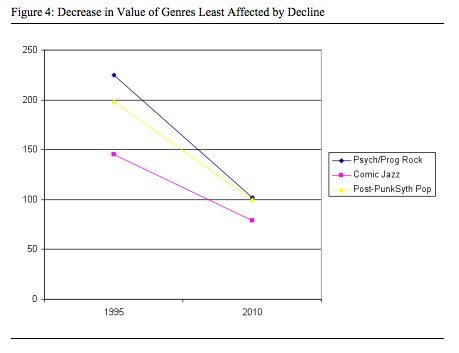
Vinyl Records are Back in Style
Cult Value
The internet is generally viewed as having a negative effect on the music industry, however, there are some blogs dedicated to keeping rare vinyl records hidden from the public and increasing cult value. Because cult value has to do with the ritual use of an object (Benjamin 1936), people have become attached to the ritual of listening to music on vinyl. Rituals would include taking the record out of its sleeve, placing it on the record player and setting the needle on the record. Because digital technology (i.e. the invention of CDs and MP3s) allows people to play music however and wherever they want, there is less ritual involved with listening to music. Furthermore, an object that has cult value must be hidden from the general public(Benjamin 1936). Because of the internet, music is easily transferable and therefore loses its cult value. The decline in cult value of vinyl records can be traced back to the invention of the compact disc.
In a 1983 article for Rolling Stones, music journalist Stephen Booth warned his readers of the arrival of the CD:
Don’t look for grooves, or even feel for them. Sandwiched between two layers of clear plastic is the shiny playing surface, and it is here that one sees what passes for grooves on a Compact Disc. Instead of the squiggles that set a stylus vibrating on an LP, the spiral tracks of the Compact Disc are composed of microscopic ‘pits’ that are read by a laser beam. (Booth 1983: 55)
Almost thirty years later, this quote could be considered amusing to some younger readers, who have no idea what a record groove is, or how it even feels. Booth’s warning is significant because it reveals a concern about the functional use of vinyl records and the overall shifting norms of music-listening. Furthermore, his statement conveys that as sound technology changes over time, so do the norms involved with listening to the music.
For vinyl collectors who are attached to the feeling and ritual of owning large physical records, this shift in norms meant a dramatic change in the cult value of the rare vinyl records. It is important to understand that a decrease in the cult value of an object means that its exhibition value has increased.

The Increase in Value of Vinyl Records


The History of Music
- The History of the Vinyl Record and the Production o...
This article shows the evolution of music from vinyl records to CDs to mp3s and other digital forms of music. Is vinyl making a comeback?

![The Christmas Records [7" Box Set]](https://m.media-amazon.com/images/I/51aPXgv4qfL._SL160_.jpg)
